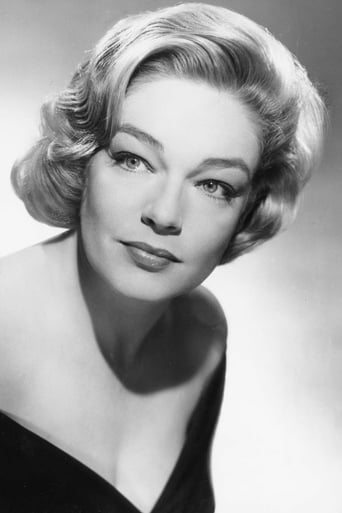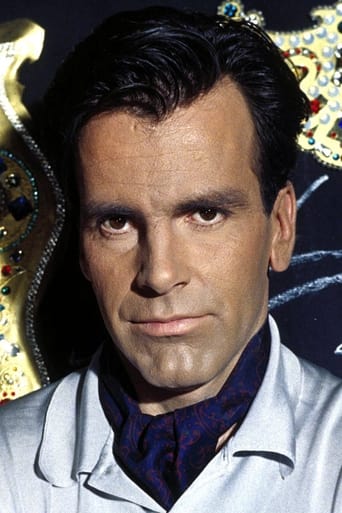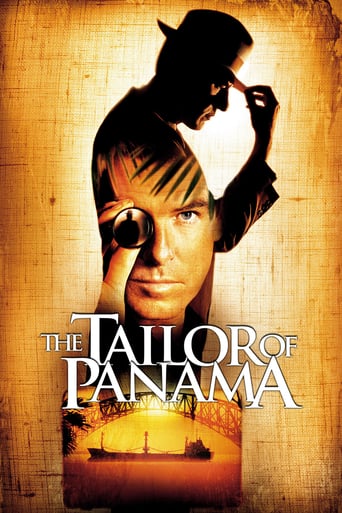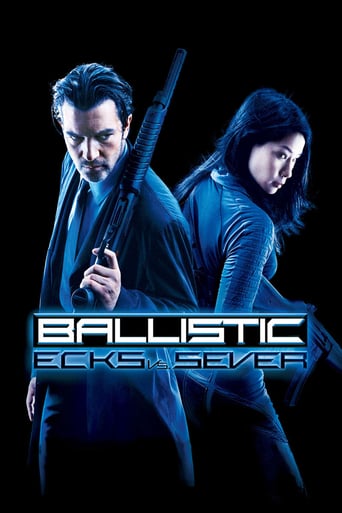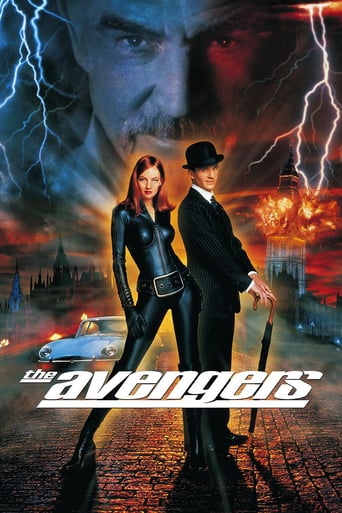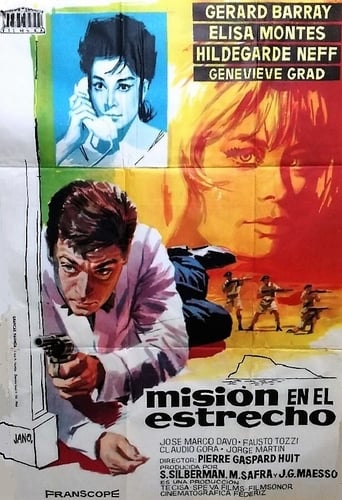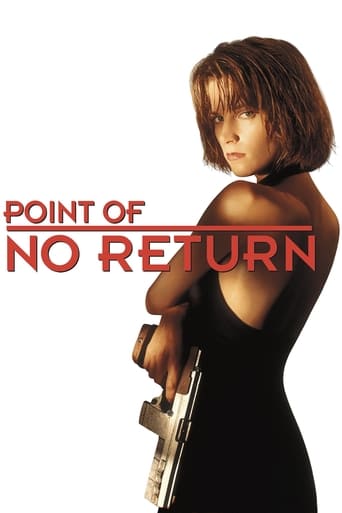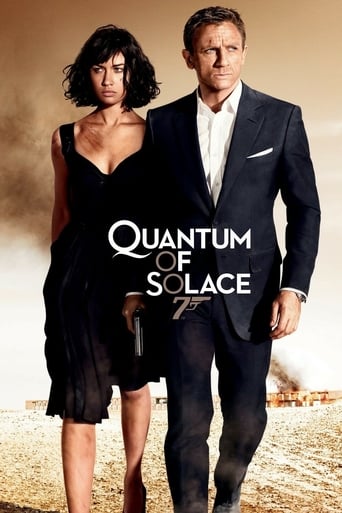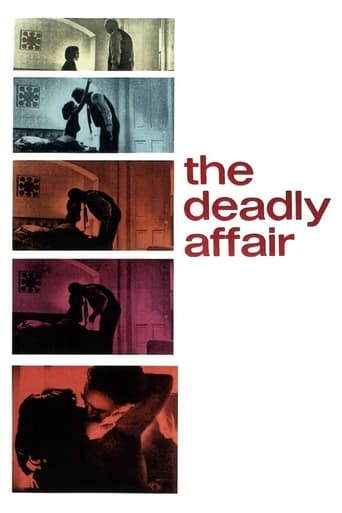
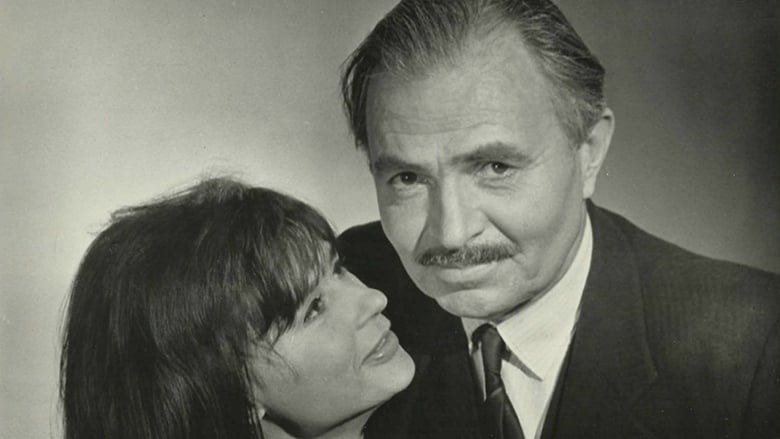
The Deadly Affair (1967)
Charles Dobbs is a British secret agent investigating the apparent suicide of Foreign Office official Samuel Fennan. Dobbs suspects that Fennan's wife, Elsa, a survivor of a Nazi Germany extermination camp, might have some clues, but other officials want Dobbs to drop the case. So Dobbs hires a retiring inspector, Mendel, to quietly make inquiries. Dobbs isn't at all sure as there are a number of anomalies that simply can't be explained away. Dobbs is also having trouble at home with his errant wife, whom he very much loves, having frequent affairs. He's also pleased to see an old friend, Dieter Frey, who he recruited after the war. With the assistance of a colleague and a retired policeman, Dobbs tries to piece together just who is the spy and who in fact assassinated Fennan.
Watch Trailer
Cast
Similar titles
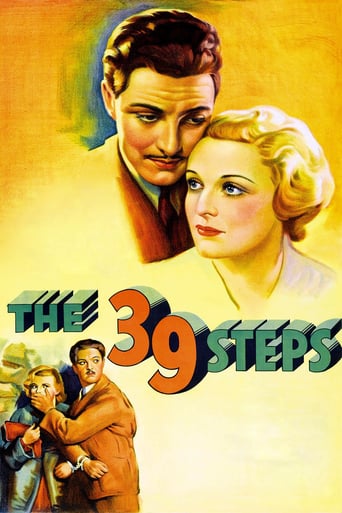
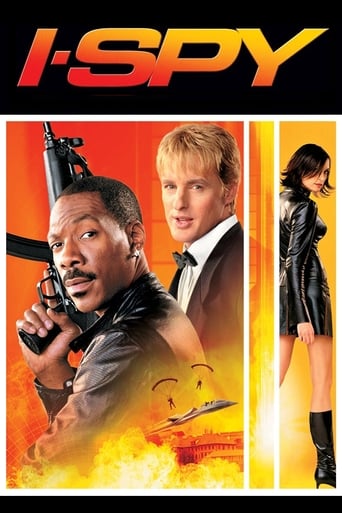
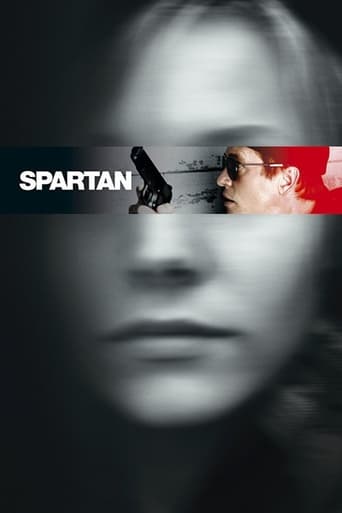
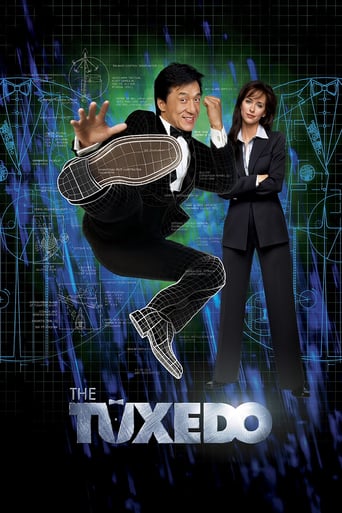
Reviews
I don't have all the words right now but this film is a work of art.
Wow! What a bizarre film! Unfortunately the few funny moments there were were quite overshadowed by it's completely weird and random vibe throughout.
if their story seems completely bonkers, almost like a feverish work of fiction, you ain't heard nothing yet.
The tone of this movie is interesting -- the stakes are both dramatic and high, but it's balanced with a lot of fun, tongue and cheek dialogue.
I can't recall how many times I have seen this film, commencing with its initial release, but it gets better every time. Can films mature with age like Volnay and Pommard? I see more in it now than I did before. Does this mean that I no longer have presbyopia? In this latest viewing, I realized for the first time the true enormity of the genius shown by Simone Signoret in her part which has very little dialogue. All she has to do is move her eyes, and we stir with emotion. This film is based on the John le Carre novel CALL FOR THE DEAD, and was the second of his novels to be filmed, the first being THE SPY WHO CAME IN FROM THE COLD (1965), which came out a year earlier. This is very much a film about people, and is only incidentally a spy tale. It is of course brilliantly made, with Sidney Lumet excelling himself, and all the actors at their very best. I spent one day on the set of this film in the spring of 1966, at Twickenham Studios. The only one of the actors who was there that day was James Mason. It was the only time I ever met him. We chatted for a while. For those who are interested, I can say that in person James Mason was exactly like James Mason on screen. What you saw was what you got. He really was James Mason, it's as simple as that. With many actors and actresses you meet somebody else entirely, but with him there was that same soft voice and gentle polite manner, in which he appears to be confiding in you as a dear friend. What a delightful fellow he was. So I never got to meet Simone Signoret, a great loss. I talked for a while with Lumet, who shocked me by saying that he would be happy to abandon celluloid and start making movies on video tape. He was a highly intelligent and very pleasant man. I spent much more time chatting with the cinematographer Freddie Young and his operator Brian West, both of whom I already knew. Freddie talked to me more on that day that at any other time. He waxed lyrical on his theories of lighting, put his hands in the air to show the rays of light coming down at different angles, and even showed signs of excitement. Freddie, who was the most sedate and calmest of men, never usually gave any indication of being excited about anything. He could calm any hysterical actor or actress simply by looking at them and smiling in a friendly fashion. Brian was the same. They were truly The Silent Ones on both set and location. Nervous directors instantly felt at ease in their presence. But what Freddie was most excited to tell me was that he had perfected a new technique on this film. He said that Sidney had wanted to have a visual effect of gloom in the film, and asked Freddie if he knew how to do that. So Freddie came up with what was then a brilliant new idea, though used continually ever since by everyone while celluloid was still in use. I asked him what was this new technique. And he answered with barely restrained enthusiasm: 'The film is 30% flashed.' I said what do you mean 'flashed'? He said that he had taken the celluloid out of the cans and pre-exposed it to light under carefully controlled conditions. He did many experiments and found that 30% exposure was just right. That made the finished film look subtly washed-out in the gloomy way that Sidney wanted, but while retaining its colour sufficiently. He was so proud of this achievement, which was the result of very prolonged experiments over a period of weeks prior to shooting. What fine fellows Freddie and Brian were. 'They don't make 'em like that anymore.' The other person I met that day was the young feminist campaigner, Gloria Steinem, who was visiting Sidney in her role as journalist to write an article about him and the film. She was super-glamorous in those days, really something! Most of the men on set hardly dared look at her, lest their desires overwhelm them. I steeled myself against this onslaught of pulchritude, overlookng the fact that she was irresistible and pretending I had not noticed, so that she and I chatted away for ages, and she was so effusively friendly that she insisted on giving me an introduction to her great friend Bob Brown at ESQUIRE, whom I thus later befriended. But her main enthusiasm was because I had been on friendly terms with her chum from COSMOPOLITAN, Helen Gurley Brown, or should I say Helen Girlie Brown. But then that is another story. You never know what is going to happen on a film set, though the answer to that (if you ask any bored actor waiting between shots): usually nothing. Now as to this film, it is simply superb, and everyone should see it immediately. Sidney also had the exquisite taste to cast the Swedish actress Harriet Andersson as James Mason's young nymphomaniac wife. Those of us who haunted the art houses in those days knew her from the Ingmar Bergman films, and then suddenly there she was in an English language film, and of course she does very well. The recipe for a good film is often: 'throw in one Swede or two Danes, and stir'. Just look at Bergman's protégé Max von Sydow to see how far they can go in the world of international cinema. And it is always good to see the wonderful British character actor Harry Andrews in films, here playing a sleepy retired police inspector who keeps nodding off. It is all just terrific, and every bit a superior John le Carre film. In fact it is even better, being a genuine classic.
Keeps you wanting to know what happens next. I'm old enough to be a sucker for these cynical, disillusioned, negative stories, with neither bad nor good guys, just individual flies caught in inextricable webs, born into inescapable circumstances. It's particularly obvious that the people in this movie are not in control of their fates, though Mr and Mrs Dobbs survive. Free will is an illusion. The saddest victim appears to be Mrs Elsa Fennan, and it seems unjust that she has been chosen to suffer the most.The title of this film is curious. What, or whose, affair is being referred to ? Does this title hide multiple meanings ? There seems to be a subtext of deviant sex relationships adding tension to the ostensible spy story. One reviewer suggests that the reason Mrs Dobbs is a nymphomaniac is because Dobbs is impotent. He certainly appears to lack power, although he benefits greatly from the plaster cast covering his hand and arm in the slightly unsatisfactory finale. Roy Kinnear has a very unusual relationship with his little daughter's two mothers. Another suggestion is that there is a gay undercurrent to the story. Why is the pansified adviser called Marlene Dietrich ? Why does the bureaucrat played by Haigh initially call others "darling" ? What was the prior connection between Mason and Schell ? People get murdered fairly easily in this movie. It's definitely deadly The final scene is unsatisfactory since there seems to be no good reason why Schell fails to shoot Mason, when he has the opportunity. He was ready enough to murder Elsa Fennan when he felt it would do him some good. However, his inability to shoot Mason doesn't really spoil the picture, which remains intriguing, all the way. Great use is made of Edward II, and the manner of his elimination, which reportedly involved a red-hot poker.
The world has become very rapid with faster and faster telecommunication gadgets, and a film of good Cherry's quality like this one can't possibly get made in the pace of today's world. Yes, watching this older work of the late Sidney Lumet is like sipping a nice glass of Cherry at a most leisure moment. This film is meant to be excited, nail-biting, and thrilling at times, but the overriding quality has become that of neatness and pleasure. I believe that is when they made films simply to entertain and not to preach or to release one's political, social, or economic frustration. The director, script writer, and actors of this film made it appear easy to be an artist. One can forget what made such characters as James Mason, Simone Signoret, Maximilian Schell, Harry Andrews, Roy Kinnear, and few others to be so fondly remembered. These were talented men and women who did not try to over-advertise their performing quality. They minded their own works a lot more than undermined other people's. Information flowing across the Internet today is uglier and destructive because the changed intent of the users. Even praises and compliments are mostly of cynical nature. This film is well-told, well-paced, and truly story-oriented. Time flies with such works. My personal advice to today's human beings who forget how to be nice: watch The Deadly Affair and other films of this kind. They will soften your soul, give you back some kindness, and give you Oxygen of life. Mr. Lumet, Sir, wherever you are, have a nice Cherry!
I can't say I had heard of "The Deadly Affair" before, and it was a pleasant surprise. It had all the elements of a good spy/ murder mystery and with good acting performances all around. The always dependable James Mason was, well, dependable but seemed somewhat fatigued throughout the film and without his usual overbearing persona. Harry Andrews was his sidekick as an old policeman friend dragooned into helpful service. I am saving my best comments for Simone Signoret, who was always one of the best. She does not disappoint as the concentration camp survivor-wife of the victim in a sympathetic, heart-rending portrayal of a woman exhausted by a life of disillusionment and brutality. Can't say I've ever seen her give a bad performance.The film does not move quickly, due mainly to a sub-plot concerning Mason's on-screen wife's nymphomania. His wife is played by Harriet Andersson who is completely wasted in this superfluous role - at least 15 minutes could have been saved by eliminating her role altogether. The other complaint I had was with the 60's background music, the Bossa Nova-beat stuff that was so popular at the time but sounds so, um, 60's and crappy nowadays. I know, I know, it's Quincy Jones but it's still dated. Otherwise, the story is a tense whodunit played out in stark, impersonal Cold War London, with several plot twists and several suspects to choose from. It is worth your time next time it comes on.

